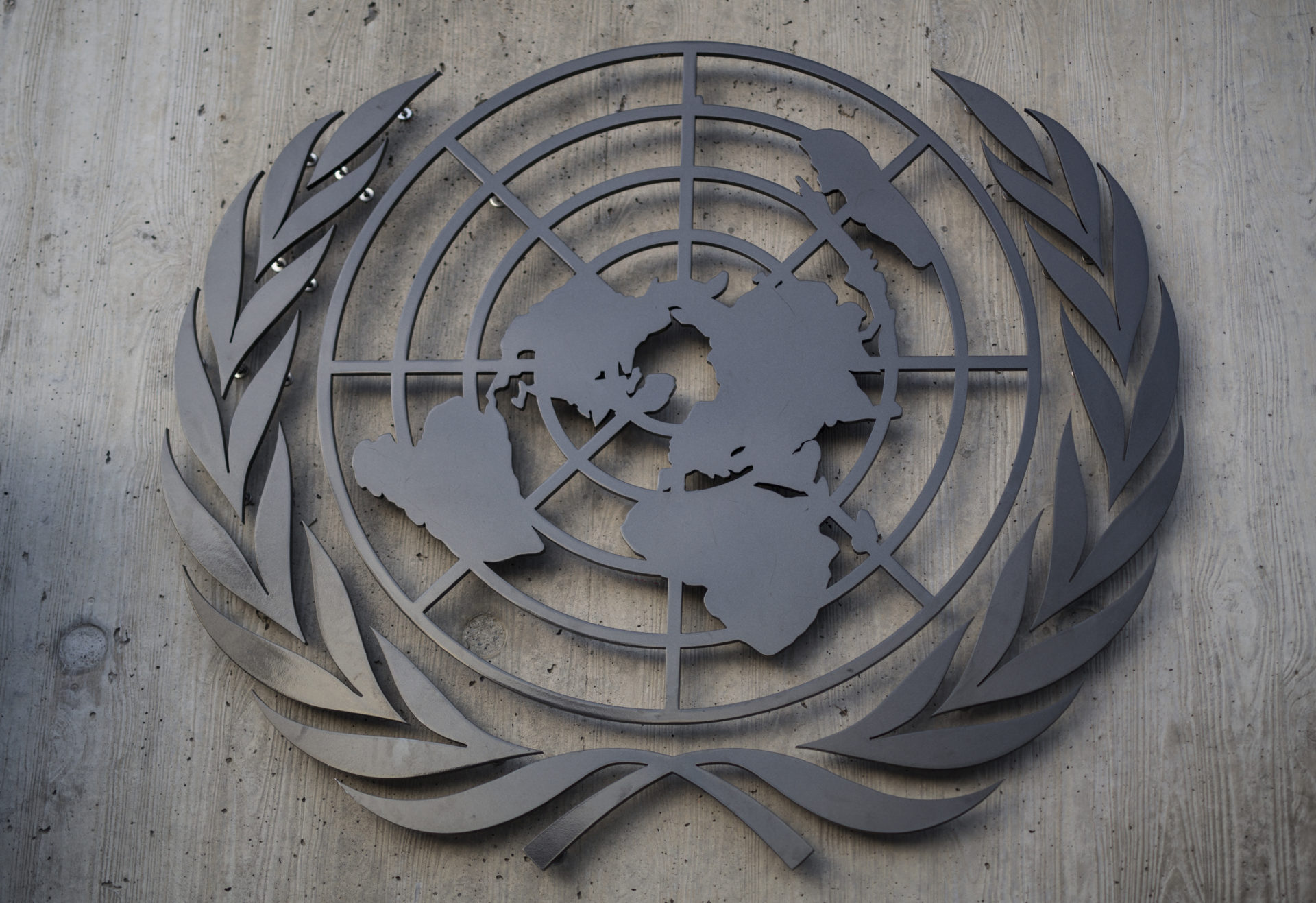Six years ago, the Human Rights Council decided to create a Special Procedures mandate on the human rights situation in Belarus. The mandate was created as a response to a pattern of serious human rights violations over a number of years.
At the time of the mandate’s creation, it was acknowledged by Members of the Council that the mandate would be a temporary mechanism, only existing until such time as Belarus made meaningful and verifiable reforms to its domestic human rights situation.
Six years on, and as we approach the end of the current mandate holder’s tenure, we are still waiting for any sign of serious systemic reforms in Belarus. Belarus refuses to even acknowledge the mandate, despite repeated attempts at genuine engagement on the part of the mandate holder, and was identified by the High Commissioner at the opening of the session for having a terrible record in engaging with other mandates. Any argument to move the mandate to item 10 is unjustified in an environment where the state shows contempt toward cooperation with the Special Procedures as a whole. Meanwhile, the human rights situation in Belarus remains grave. Ongoing arrests and detentions of activists are evidence of a “cyclical system of oppression in Belarus,” according to the Special Rapporteur.
Today, highly restrictive legislation remains in place in Belarus, allowing the authorities to, at any given time, arrest dissenting voices, human rights defenders, journalists, activists, or anybody else. The arbitrariness of the system has not been modified, and in 2017 the authorities were ready to crack down on the population knowing that nothing and nobody could stop them.
Yet the mandate remains an essential tool in encouraging Belarus towards reform. Equally, our Belarusian partners – and wider Belarusian civil society – rely on the mandate to give international expression to the human rights violations that they face, and to ensure that Belarus is held to account internationally, particularly given its absence from regional monitoring mechanisms like the Council of Europe.
We welcome Belarus’ review by the Committee Against Torture in May, and its upcoming review by the Human Rights Committee in October. Belarus has shown contempt toward the Human Rights Committee’s judgments in the past; we await to see whether it will implement the recommendations it receives from either treaty body.
We welcome legislative amendments to abolish article 193.1 of the Criminal Code of the Republic of Belarus, though Belarus must ensure that no other liabilities are introduced as part of this process.
We call upon the Human Rights Council to:
- Ensure continued international scrutiny of the human rights situation in Belarus by renewing the mandate of the Special Rapporteur under item four.
- Urge Belarus to begin a process of cooperation with the new mandate holder. Belarus has nothing to lose and everything to gain by this.
- Set clear benchmarks for systemic human rights reforms in Belarus, including through its reviews by treaty bodies this year.
- Ensure that Belarus develops a roadmap to implement minimal measures to ensure progress on human rights, including through full cooperation with United Nations mechanisms.
Finally, we thank the Special Rapporteur for his tireless efforts over six years in fulfilling his mandate. What key advice will he provide to his successor in working for human rights reforms in Belarus?
This statement also enjoys support from the following organisations:
- The Barys Zvozskau Belarusian Human Rights House
- Human Rights Centre Viasna
- Legal Initiative
- Salidarnasc Committee
- Belarusian Documentation Centre
- FORB Initiative
- Assembly of NGOs of Belarus
- Legal Transformation Centre, Lawtrend
- Initiative Group Identity and Law
- Human Constanta
- Office for the Rights of People with Disabilities





